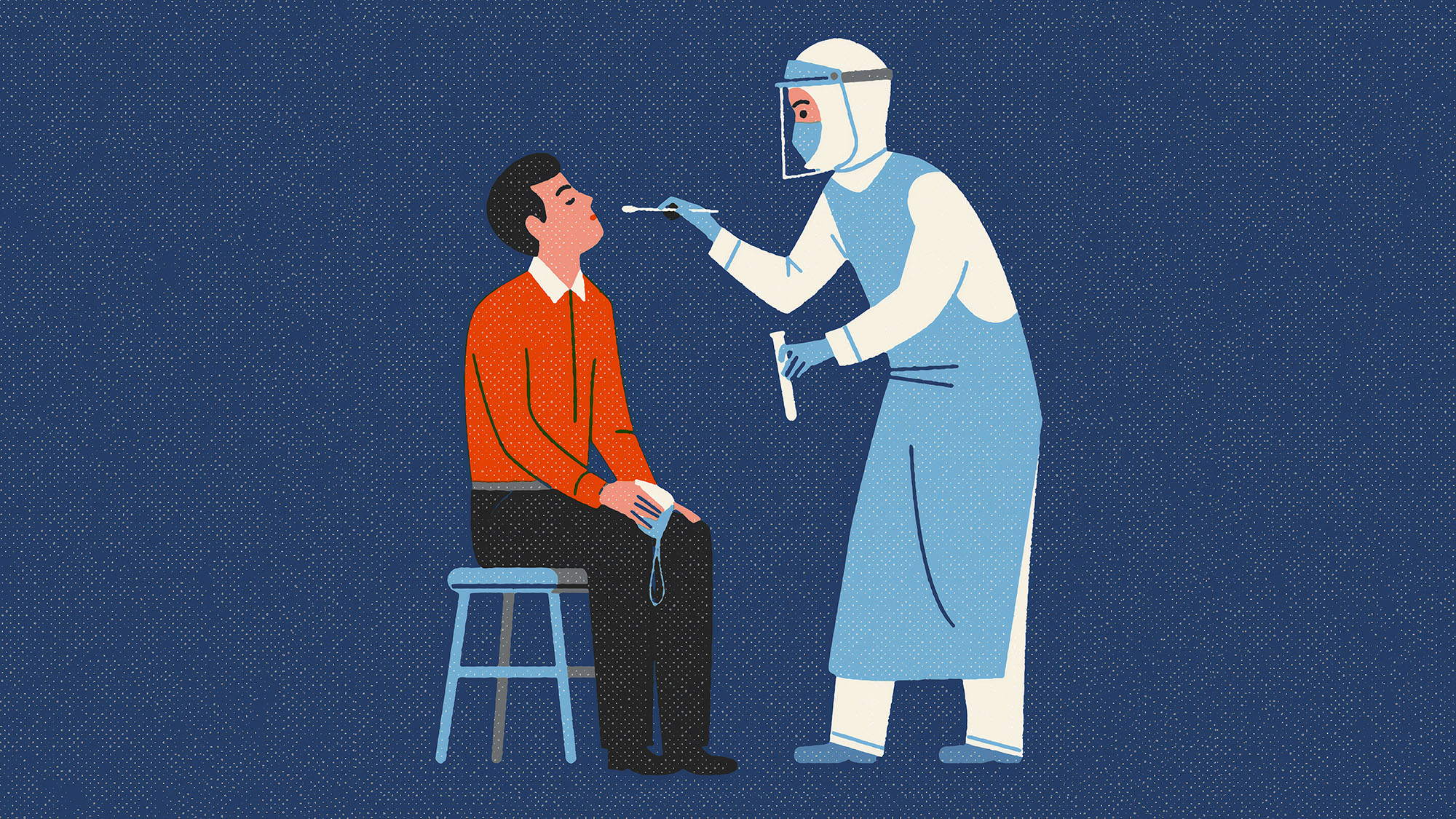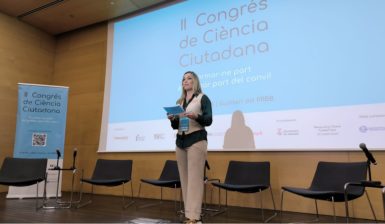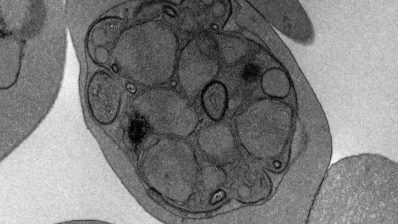The Barcelona Institute for Global Health (ISGlobal) has led a study that has analyzed the presence of antibodies against COVID-19 in more than 550 health workers over several months. The results show that, although IgA and IgM antibodies decay rapidly with the passage of time, the IgG type would remain for at least three months.
The different types of antibodies or immunoglobulins (Ig), which have the common function of protecting our body against the entry of pathogens, present different times and areas of action:
- IgA: typical of the mucous membranes, such as the nose.
- IgM: they are the first antibodies that are generated in an infection.
- IgG: more specific than IgM, they are more abundant and provide better protection.
“Our findings confirm that IgM and IgA antibodies rapidly decline within the first month or two after infection, which should be kept in mind when performing seroprevalence studies or interpreting serological results”
Gemma Moncunill, ISGlobal researcher and first author of the study.
With these results, the intention of the research team is to continue with the monitoring of health personnel in order to draw more conclusions about the duration of the antibodies and the protection they provide against SARS-CoV-2.
The study was carried out with a technique developed by Carlota Dobaño‘s team, also from ISGlobal. The published essay measures the three types of antibodies simultaneously and allows them to be detected at lower concentrations.
“In addition to better assessing SARS-CoV-2 immunity in the population, these essays can be of great value for evaluating markers of protection when testing COVID-19 vaccines during clinical trials,” concludes the researcher.
Moncunill G, Mayor A, Santano R et al. SARS-CoV-2 seroprevalence and antibody kinetics among health care workers in a Spanish hospital after three months follow-up. Journal of Infectious Diseases. 2020.
Dobaño C, Vidal M, Santano R et al. Highly sensitive and specific multiplex antibody assays to quantify immunoglobulins M, A and G against SARS-CoV-2 antigens . J Clin Microbiol. 2020 Oct 30






